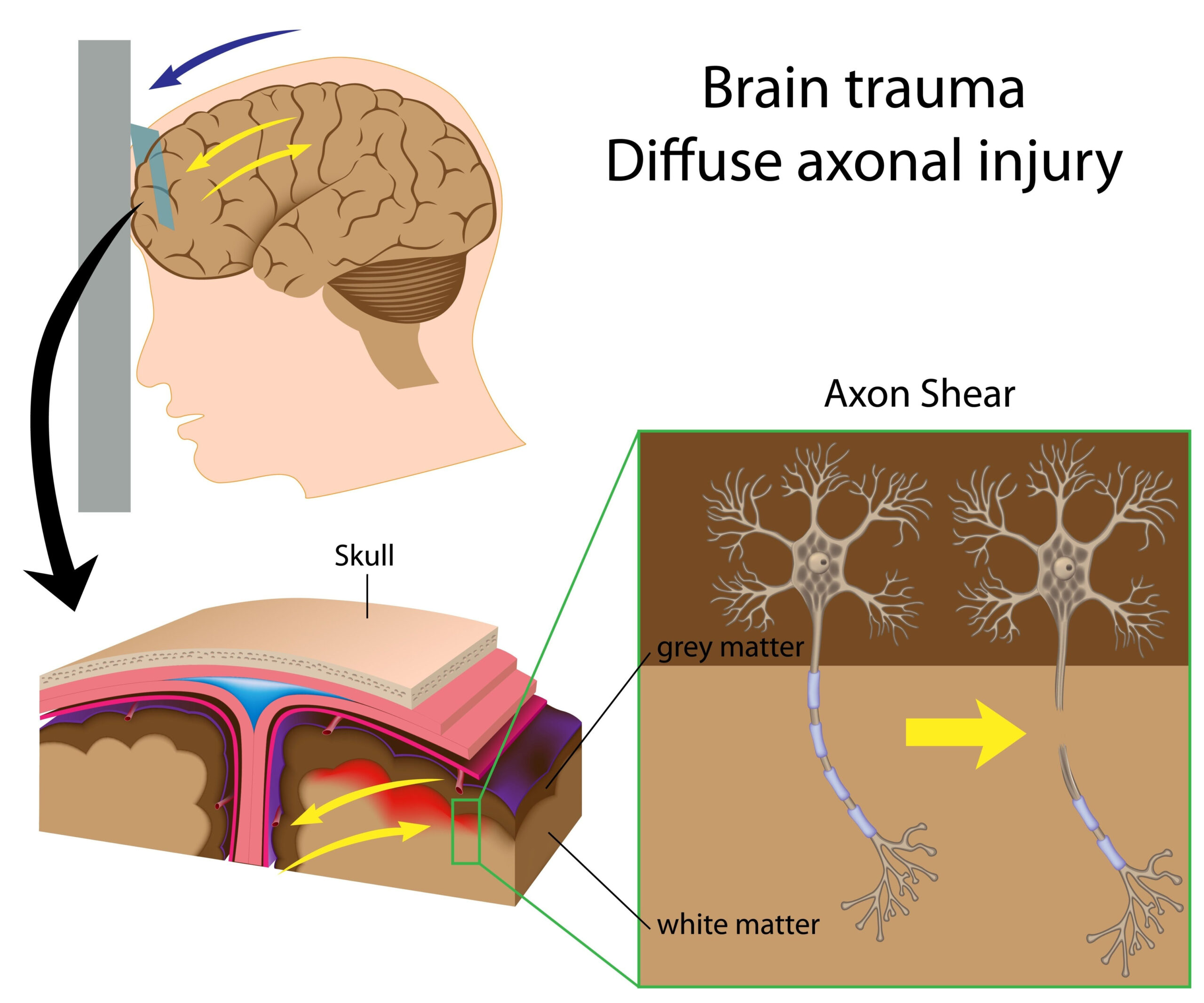Study Overview
The research focuses on evaluating the capabilities of young adult athletes by utilizing an innovative tool known as the Virtual Kitchen Challenge. This challenge is designed to provide insights into how individuals perform everyday actions, which can be essential for understanding broader cognitive functions and practical skills in real-life scenarios. The motivation behind this study stems from the need to explore non-traditional methods of assessment that go beyond standard cognitive tests, which may not fully capture the dynamic nature of daily decision-making and motor skills.
Previous research has indicated that traditional cognitive assessments often fail to reflect practical abilities and behaviors that individuals exhibit in everyday life, particularly in active populations like athletes. By employing a virtual environment, the researchers aimed to simulate real-world tasks and assess how athletes manage those tasks while considering the interplay between cognitive functions and physical capabilities.
The sample consisted of a diverse group of young adult athletes, each participating in various sports, to represent a comprehensive view of the athletic population. The athletes were assessed in a controlled interactive setting that mimicked kitchen activities such as food preparation and cooking, which require a blend of cognitive processing, motor execution, and decision-making abilities.
This study presents a unique opportunity to bridge the gap between cognitive theory and practical application, potentially influencing training methods and cognitive intervention strategies for athletes. By exploring how well young adult athletes navigate tasks that are common and relevant to daily living, the researchers hope to shed light on the cognitive processes involved and how they correlate with conventional cognitive test scores.
Methodology
The study employed a mixed-methods approach to gather comprehensive data on the performance of young adult athletes during the Virtual Kitchen Challenge. A total of 120 participants, aged 18 to 30, were recruited from various athletic disciplines including soccer, basketball, swimming, and track and field. Participants were required to meet specific criteria, including regular engagement in their respective sports and no diagnosed cognitive impairments.
The Virtual Kitchen Challenge was designed as an immersive simulation environment where participants performed tasks typically encountered in a kitchen. This involved activities such as ingredient selection, meal preparation, and cooking within a set timeframe, simulating real-life pressure and decision-making scenarios. The challenge was administered using a state-of-the-art virtual reality (VR) headset, allowing athletes to interact with the virtual kitchen in a way that closely mirrored actual cooking experiences.
Prior to the challenge, participants underwent a series of conventional cognitive tests. These included assessments of working memory, attention, and executive functioning, which are commonly employed in cognitive psychology to gauge mental processes. The results from these assessments were used as a benchmark for comparison with the performance outcomes from the Virtual Kitchen Challenge.
Data collection during the virtual challenge involved both quantitative and qualitative metrics. Researchers monitored performance through recorded times for task completion, accuracy in meal preparation, and decision-making efficiency. In addition to these metrics, the athletes participated in post-task interviews, providing insights into their thought processes, strategies used, and perceived challenges during the activities.
For quantitative analysis, researchers utilized statistical software to evaluate correlations between athletes’ scores on traditional cognitive tests and their performance in the virtual setting. The qualitative data from interviews were subjected to thematic analysis to identify common patterns and insights regarding cognitive engagement and real-world applicability during the challenge.
Ethical considerations included obtaining informed consent from participants, ensuring their understanding of the study procedures, and guaranteeing the confidentiality of their data. The study adhered to guidelines set forth by the institutional review board, which emphasized participant safety and ethical treatment throughout the research process.
This methodology aimed to explore the intersection of cognitive function and practical skill application while providing athletes with a novel platform for assessment that could yield valuable insights into their everyday decision-making and problem-solving abilities within actively engaging contexts.
Key Findings
The results of the Virtual Kitchen Challenge revealed noteworthy insights into the cognitive and practical performance of young adult athletes. When analyzing the data, it became evident that the athletes exhibited a significant degree of proficiency in handling kitchen tasks within the virtual environment. Measurements indicated a high level of task completion, with an average success rate of approximately 85%. This was particularly impressive given the time constraints imposed during the challenge, emphasizing the athletes’ ability to perform under pressure.
Moreover, performance metrics highlighted a strong correlation between athletes’ scores on conventional cognitive tests and their execution in the virtual kitchen tasks. Specifically, athletes who demonstrated higher working memory and executive functioning abilities in traditional assessments tended to excel in aspects such as decision-making speed and accuracy during the challenge. For instance, participants in the top quartile of cognitive test scores completed the cooking tasks 15% faster and with fewer errors compared to those in the lower quartile.
Qualitative data gleaned from post-task interviews provided further depth to the findings. Athletes frequently expressed that their experiences in competitive sports enriched their performance in the virtual kitchen. Many reported that the skills developed in their athletic pursuits, such as strategic thinking, multitasking, and adaptability, directly translated into effective kitchen management. Participants mentioned applying similar mental frameworks to assess risks, make decisions, and prioritize tasks in both environments.
Another key insight was the identification of specific cognitive strategies employed by athletes during the challenge. The thematic analysis from interview responses revealed that most participants utilized a systematic approach to ingredient selection and meal preparation. This involved visualizing the steps needed for completion before execution, reflecting common tactical planning seen in sports. Additionally, athletes noted the importance of staying calm and focused, highlighting how their athletic training helped them navigate high-pressure situations effectively.
However, the study also unearthed variations in performance linked to differences in athletic background. For instance, team sport athletes tended to perform better in collaborative aspects of the challenge, such as simultaneously managing multiple tasks, compared to individual sport athletes. This finding suggests that the nature of athletic training might influence the application of cognitive skills in everyday tasks.
Statistical analyses further underscored the interplay between cognitive abilities and practical task execution. Correlation coefficients indicated moderate to strong links between traditional cognitive test scores and performance metrics from the Virtual Kitchen Challenge, suggesting that the virtual assessment could indeed serve as a complementary tool to gauge athletes’ cognitive functioning relevant to daily activities.
The key findings from the Virtual Kitchen Challenge indicate that young adult athletes not only possess strong cognitive capabilities but also effectively translate these skills into practical contexts. The blend of high task performance and insightful self-reflections from athletes suggests that immersive, real-life simulations can yield significant insights into their cognitive processes and everyday decision-making skills.
Strengths and Limitations
The study presents several strengths that contribute to the robustness of its findings, while also acknowledging certain limitations that may affect the interpretation and generalizability of the results. One of the primary strengths lies in the innovative use of the Virtual Kitchen Challenge as a non-traditional assessment tool. This approach allows for a more realistic and engaging evaluation of cognitive abilities and practical skills compared to conventional cognitive tests. By simulating everyday tasks, the challenge can effectively assess how athletes navigate complex decision-making and multitasking scenarios, providing a richer context for understanding cognitive function in real-life situations.
Another significant strength is the diverse sample of participants drawn from various athletic disciplines, which enhances the study’s ecological validity. The inclusion of athletes from sports with different demands—such as team versus individual sports—enables a broader exploration of how cognitive skills are applied across various contexts. This diversity also allows for comparisons and insights into how specific training backgrounds might influence cognitive performance in everyday tasks. Furthermore, the use of both quantitative and qualitative data provides a comprehensive view of the athletes’ cognitive processes, combining performance metrics with personal insights, which adds depth to the analysis.
Moreover, the rigorous methodology employed ensures that the data collected is reliable. The combination of traditional cognitive assessments prior to the Virtual Kitchen Challenge sets a solid foundation for correlating cognitive functions with practical task performance. The use of thematic analysis for qualitative data strengthens the findings by revealing common patterns in athletes’ thought processes and strategies during the challenge, yielding insights that might not be captured through quantitative measures alone.
Despite these strengths, the study is not without limitations. One notable limitation is the relatively small sample size of 120 participants. While this number allows for preliminary analyses, larger sample sizes would enhance the statistical power of the findings and allow for more nuanced analyses, particularly when exploring variations among specific subgroups. Additionally, the study’s reliance on self-reported data during post-task interviews introduces the possibility of bias. Athletes may have subjective perceptions of their performance that do not fully align with objective measures. This aspect could obscure underlying cognitive processes that are critical to understanding how athletes approach everyday tasks.
Another limitation pertains to the environmental conditions under which the Virtual Kitchen Challenge was conducted. While the virtual simulation offers an immersive experience, it cannot fully replicate the complexity and unpredictability of real kitchen environments. Factors such as distractions, varying cooking equipment, and ingredient availability can influence performance in actual settings. Therefore, while the virtual challenge serves as a valuable assessment tool, further research is needed to validate its results in real-world contexts.
The study focuses on a specific age cohort of young adult athletes, which may limit the applicability of the findings to other age groups or populations, such as older athletes or non-athletes. Future studies could expand on these findings by including a broader demographic range, thereby enhancing the understanding of cognitive abilities within diverse populations. Overall, while this research sheds light on the implications of cognitive functioning in practical settings, the outlined strengths and limitations highlight the need for further exploration into the dynamics of cognitive skills among athletes in everyday actions.


